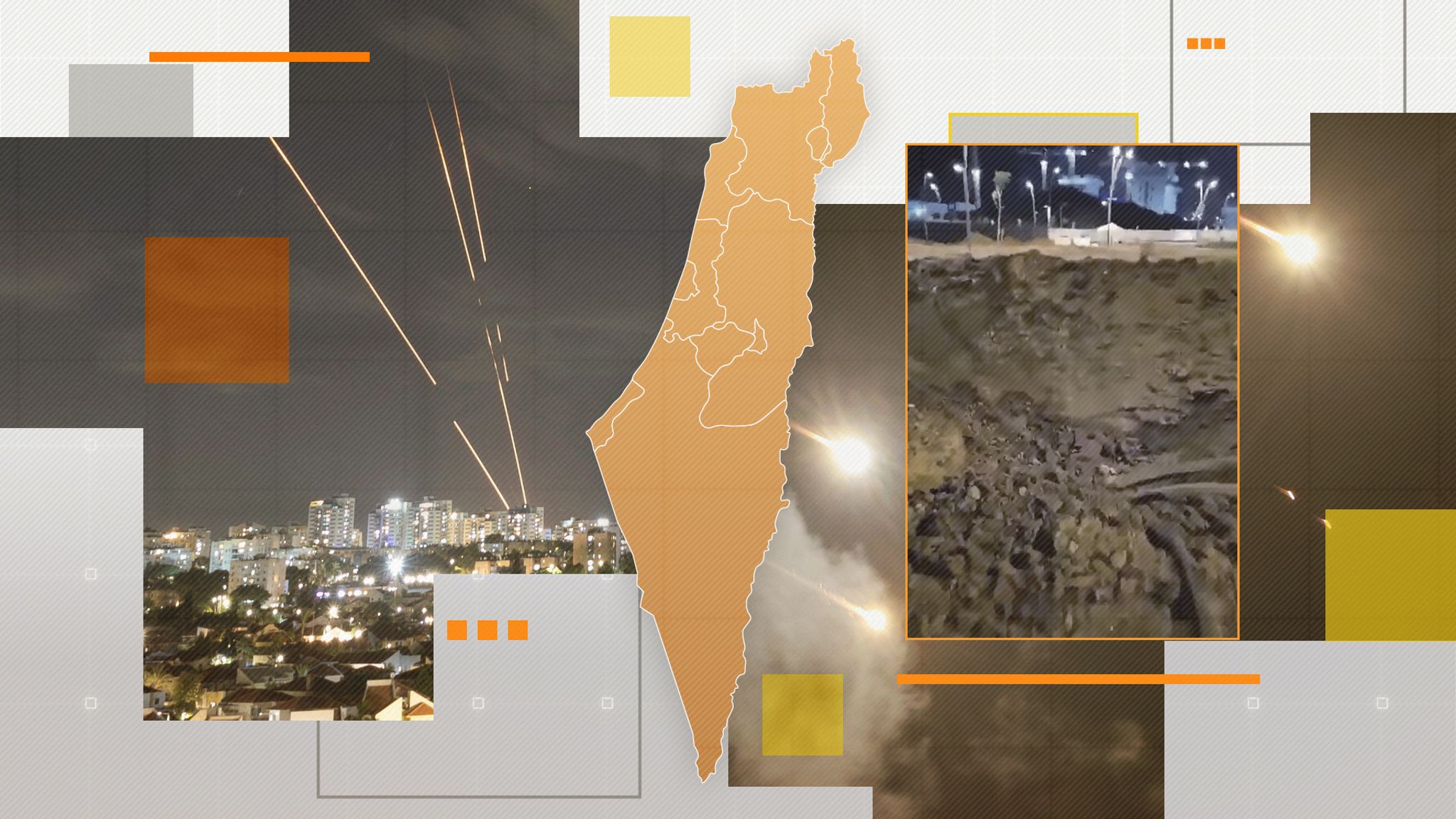
Israel May Launch Symbolic Attack on Iran’s Nuclear Facilities, Says Ehud Barak
In a recent interview, former Israeli Prime Minister Ehud Barak suggested that Israel might conduct a symbolic strike on Iran’s nuclear-related facilities. While tensions between Israel and Iran have been escalating for years, recent events seem to have brought the situation to a critical point. Barak emphasized that Iran’s nuclear program is now so advanced that even a significant attack would only cause minimal disruption, a view he now shares despite previously advocating for military action against Iran’s nuclear ambitions.
The urgency behind such an attack stems from Iran's ballistic missile assault on Israel, which took place earlier this week. Iran launched over 180 missiles, most of which were intercepted, but some managed to hit populated areas and military bases in Israel. This act has prompted calls for retaliation, and Barak believes that Israel has no choice but to respond, as no sovereign nation would tolerate such aggression without reprisal. While an airstrike on Iran’s oil industry is likely, Barak notes that discussions are ongoing about targeting Iran’s nuclear infrastructure. However, he argues that such an effort might be more symbolic than strategically effective in halting Iran’s nuclear progress.
Also Read:- Legendary French Actor Michel Blanc Passes Away at 72, Leaving a Cinematic Legacy
- Steelers Defense Faces Uncharacteristic Struggles in Loss to Colts
Barak’s remarks point to the broader challenges Israel faces in navigating its options. With Iran now considered a "threshold" nuclear power, capable of producing a weapon within a year, any military action would come with significant risks. The 2015 nuclear agreement between Iran and world powers initially placed strict limits on Tehran’s enrichment of uranium. However, the collapse of that deal following the U.S. withdrawal in 2018 has allowed Iran to stockpile enriched uranium and progress towards nuclear weapon capabilities.
Despite the potential consequences, Barak feels that the pressure on Israel’s leadership is mounting. A symbolic strike on Iran's nuclear facilities, while unlikely to derail the program significantly, might serve as a strong message to Iran and the international community that Israel will not sit idle. Furthermore, Israel may feel compelled to act, given the growing concerns over Iran’s influence in the region through proxies like Hezbollah and Hamas, who pose direct threats to Israeli security.
While Israel's military response to the missile attack seems inevitable, Barak also criticized the missed opportunities for de-escalation. He hinted that Israeli Prime Minister Benjamin Netanyahu’s refusal to engage in discussions surrounding a long-term political solution for Gaza and the Palestinian territories might have contributed to the current volatile situation. Instead, Netanyahu’s reluctance to support a U.S.-led initiative to rally Arab states behind a post-war solution may have closed off diplomatic avenues that could have mitigated this conflict.
Barak concluded with a warning that Israel must make decisions based on clear strategic goals. Reflecting on an ancient Roman proverb, he noted that without a defined objective, no wind would steer the nation in the right direction. As Israel braces for potential military actions, these next steps could shape the trajectory of the broader Middle East conflict for years to come.
Read More:

0 Comments